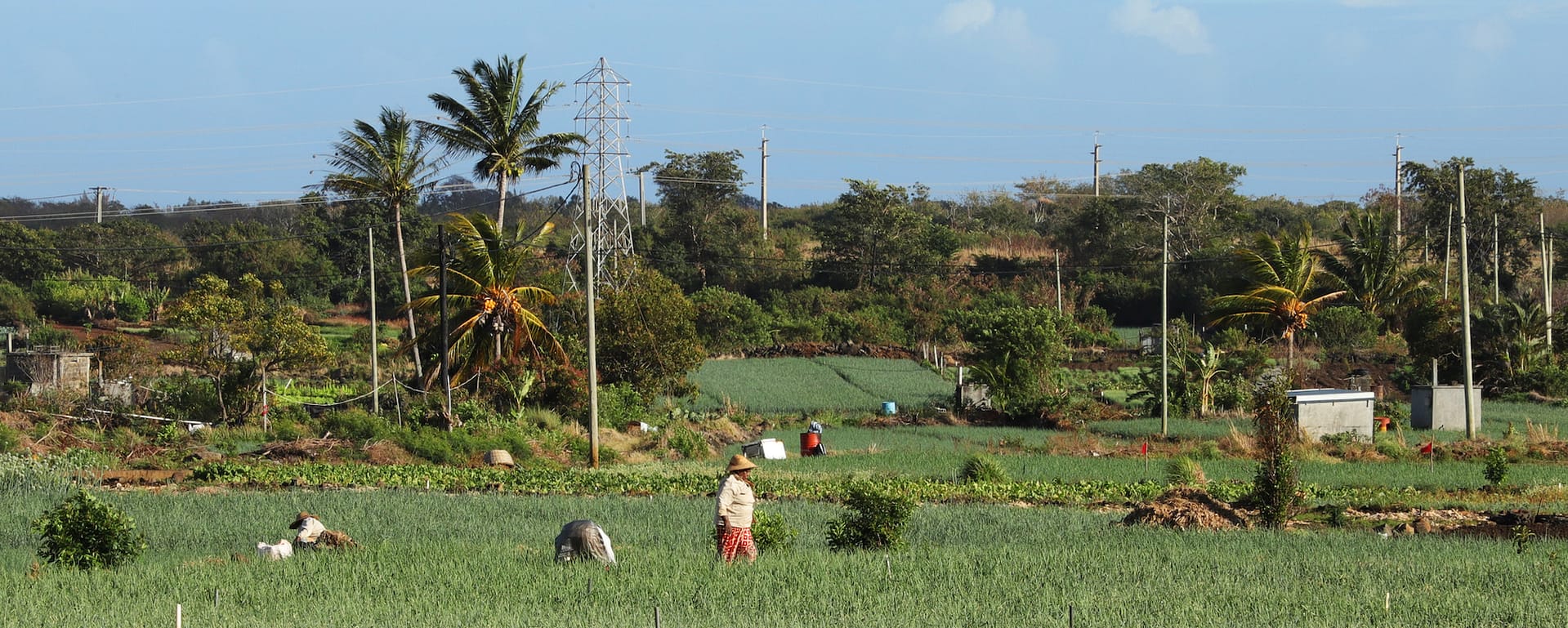Rutsiro and Rubavu, Republic of Rwanda : A certified coffee project


January 2023 : Signature of a Research Partnership Agreement between the French CIRAD and LDN Advisory for the implementation of a “Geographical Indication – GI” pilot coffee scheme in the districts of Rutsiro and Rubavu, led by a consortium bringing together 5 local cooperatives and the company Coopac, a leader in Rwanda in certified « Fair-trade and Organic » specialty coffee.
The “Geographical Indication” is a good Marketing tool for promoting localized production. It is based on a name or an indication, and not on a
product or a process. For the concerned commodity, it can help to raise awareness and develop national and international commercial opportunities, increase production and prices, and prevent future fraud/usurpation. If planned adequately, it can enhance the forest biodiversity and facilitate the collaboration and organization between farmers, and finally help maintaining local jobs and increasing farmers’ revenues.
For information, The African Intellectual Property Organization – AIPO, is the common intellectual property office of its 17 member countries (Benin, Burkina Faso, Cameroon, Central African Republic, Comoros (since 2013), Congo, Ivory Coast, Gabon, Guinea, Guinea-Bissau, Equatorial Guinea , Mali, Mauritania, Niger, Senegal, Chad, Togo), following the Bangui Agreement common law, and registering the trademarks, patents, VOCs and GIs for protection in the member countries.
The Cirad project of the Rwanda Rutsiro and Rubavu districts is concentrating on the :
- Development of a qualitative map of coffee at the scale of the pilot site
- Characterization of the region (landscape, actors)
- Creation and operationalization of the GI management association
- Support for small producer communities and capacity building
- Development of technologies for the management of geographical indications and their traceability
- Sustainability of the geographical indication
Within the global CIRAD mission, LDN Advisory is currently concentrating on two specific aspects :
- 1) The Characterization of the region (landscape, actors)
The objective of this activity is to better characterize the production areas of the Rutsiro and Rubavu districts and to identify the coffee terroirs (and micro-terroirs) in the area.
Based on the analysis of the hydro-topographic, climatic and socio-historical context of the area, the aim is to better understand the spatial distribution of human activities (and in particular that of coffee plantations and washing stations) and to explain the results obtained during the previous activity. This work is based on the collection of secondary data (pedoclimatic data, land use maps, etc.), field visits and interactions with stakeholders in the sector (targeted interviews and group discussions) aimed at bringing out the identity of the area’s café in an interactive and participatory way. This activity is carried out in interaction with the previous activity in order to identify differences in quality and their links with areas or practices.
Based on the characterization and mapping of the terroirs of the pilot districts, we will be in a position to identify, highlight and characterize the points of anthropogenic tension likely to degrade in quality and quantity the ecosystem services essential to the sustainability of coffee production, food crops and others and to pose alternatives to remedy them as part of a medium and long-term investment plan.
- 2) The sustainability of the Geographical Indication : marketing and identification of obstacles to overcome
Following the region characterization, and the diagnostics carried out, LDN Advisory is the next steps that will lead to a collective dialogue between stakeholders needed to develop the pilot zone. In particular, this will involve:
- Bringing out and discussing the visions, constraints, aspirations and expectations of local communities and coffee stakeholders.
- Identifying the investments necessary for the sustainability of coffee production, whether by improving the quality of coffee (establishing nurseries to rejuvenate plantations), by reducing its environmental impact (creation of composting stations) or actions to support small producers (micro-credit, land security).
Download this case study in pdf format :


